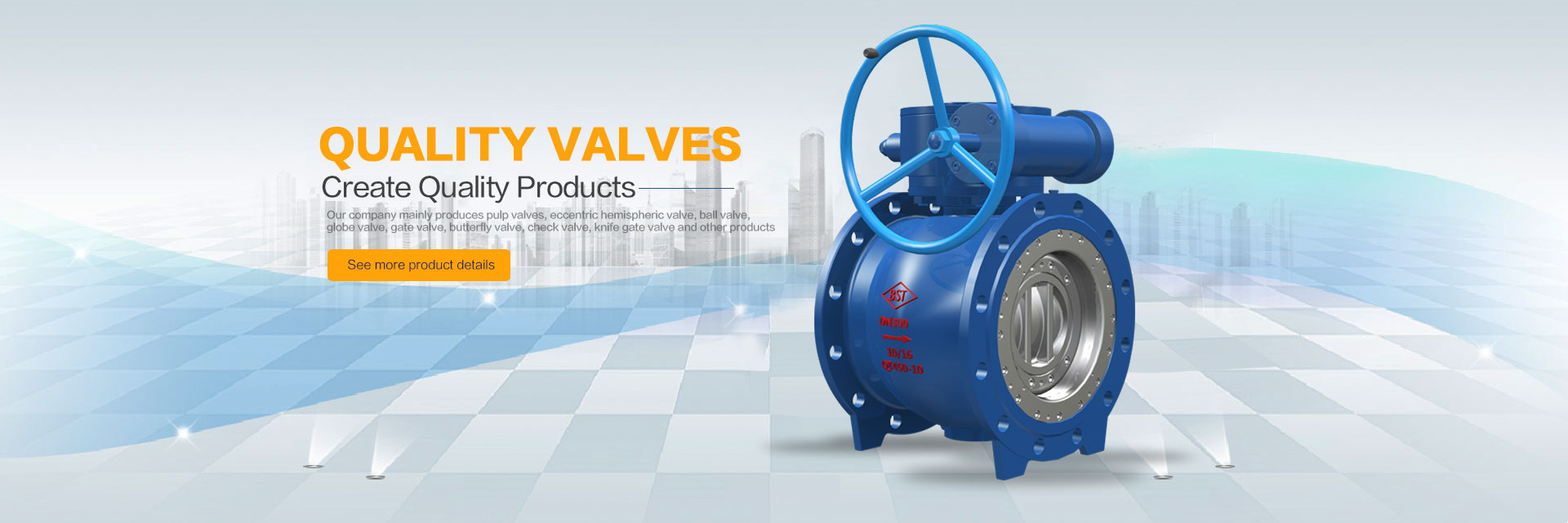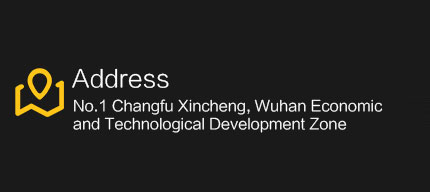Analysis of Factors Affecting China's Valve Industry in 2019-2023
I. Favorable factors Nuclear power is recognized as a clean energy. With the development of nuclear power technology, its safety and economy have been improved, and it has gradually been highly respected. Nuclear power valves are the most used equipment in nuclear power projects. With the rapid development of the industry, the demand for nuclear power valves will continue to expand.
First, favorable factors
(1) The nuclear power “13th Five-Year Plan” drives the market demand for nuclear power valves
As a recognized clean energy source, nuclear power has been promoted with the development of nuclear power technology, and its safety and economy have been gradually promoted. Nuclear power valves are the most used equipment in nuclear power projects. With the rapid development of the industry, the demand for nuclear power valves will continue to expand.
According to the "13th Five-Year Nuclear Industry Development Plan" and other documents, by 2020, the installed capacity of nuclear power will reach 40 million kilowatts; the annual power generation of nuclear power will reach 260-180 billion kilowatt hours. On the basis of the construction and operation of nuclear power capacity of 16.968 million kilowatts, the newly installed nuclear power installed capacity is about 23 million kilowatts. At the same time, considering the follow-up development of nuclear power, the nuclear power capacity under construction at the end of 2020 should be maintained at around 18 million kilowatts.
(II) The market demand for petrochemical special valves and ultra-low temperature valves is broad
China's petroleum and petrochemical industry is developing towards large-scale and large-scale development, and will continue to maintain sustainable development in the next five years. China's dozens of 10 million-ton refinery units and millions of tons of ethylene plants are facing new construction and expansion. The petrochemical industry is facing transformation and upgrading, such as hydrogenation and upgrading, three waste recycling and other energy conservation and environmental protection projects, becoming a new market space for petrochemical valves, flanges and forgings. With the promotion and application of clean energy, the popularization of liquefied natural gas (LNG) will be further emphasized, and the demand for ultra-low temperature valves will also increase significantly. The key valves of China's super (super) critical thermal power units have long relied on imports, which not only increases the cost of power construction, but also is not conducive to the technological progress of the domestic valve manufacturing industry. In terms of large gas turbines, the state is also investing large manpower and financial resources to encourage the introduction, digestion, absorption and innovation, and to change the dependence of large gas turbines and their key equipment on imports. Under this background, petrochemical special valves, ultra-low temperature valves, vacuum butterfly valves for super (super) critical thermal power units, large gas turbine steam reheat valves and other products will face a relatively broad market demand.
(3) The mid-end industrial valve market is relatively mature
The main products of the mid-end industrial valve market are industrial valves with relatively loose use environment, generally carbon steel or stainless steel valves. The market demand for valve products in this market is large, and it needs to meet the industrial quality requirements and high technical content. Moreover, the terminal customers generally set qualified supplier qualifications, so there are certain barriers to entry in the industry. The level of competition is lower than that of the low-end industrial valves and civil valves, and the profit level is relatively high. Some large enterprises in China's valve industry have matured in production technology and production technology due to their early entry into the international market, and have established relatively stable cooperative relations with many international customers. The production level of valves has been greatly improved. Valve production has also increased significantly, and it has already occupied a relatively important position in the mid-end valve market, and has a certain foundation for revitalization.
Second, the unfavorable factors
(1) The overall market concentration of the industry is low
Globally, there are a large number of companies in the valve industry, and overall the competition is fierce. From a global perspective, most of the world's leading valve companies have already landed in the capital market, and have experienced the process of using the capital market to promote and achieve industry integration. In contrast, the overall size of domestic valve companies is small, even if the leading industry-leading companies mostly do not land in the capital market, lack of long-term financial support to achieve industry integration.
(2) Most of China's valve companies are still in the low-end market of the industry.
The main products of the low-end industrial valve and civil valve market are cast iron valves and bronze valves. The valve products for this market are in high demand, low in technical content, low in entry threshold, and full of small household and workshop-style small valves. Production enterprises, some operators buy valves without factory names, print famous brands and certificates of well-known manufacturers, the market competition is fierce but disordered, and the profit level is low. At present, more than 90% of domestic valve export enterprises belong to parts manufacturers or OEMs. Among them, quite a few enterprises are in the field of low-end industrial valves and civil valves.
(3) The gap between domestic and foreign is obvious
Limited by the overall development level of the industry, there are still many gaps between domestic control valve products and well-known brand imported products, mainly in terms of sealing, design, service life, electric device and pneumatic device technology. Therefore, in many key areas and complex working conditions, the control valves of well-known brands imported from abroad are still used. In addition, in terms of brand awareness, product quality level, and technical level, foreign companies have more obvious active advantages and positions than domestic enterprises.









